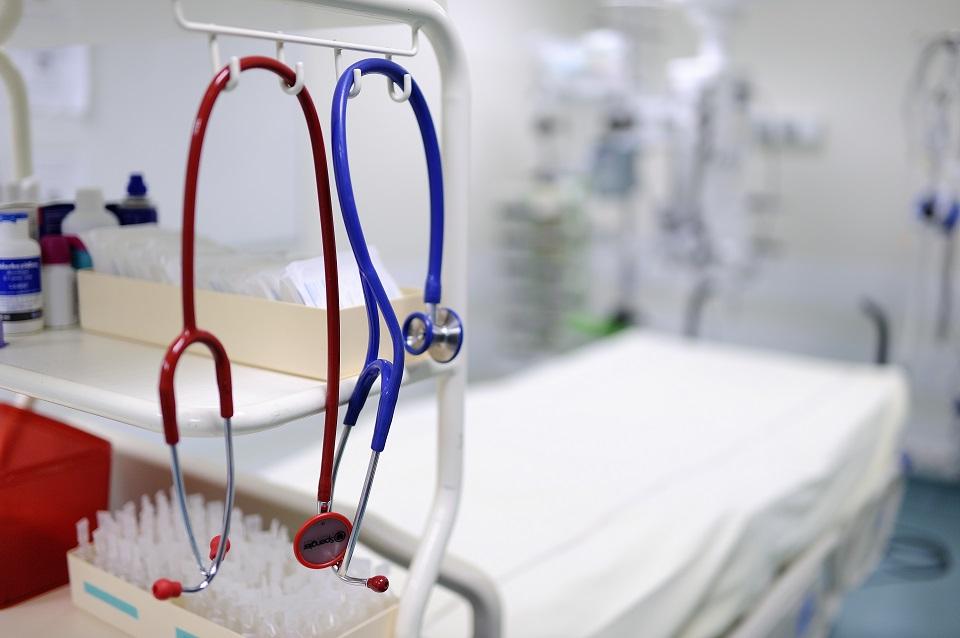Pandemic tied to spike in diabetes in children; Type of immune response lasts months after Pfizer/BioNTech vaccine

The following is a roundup of some of the latest scientific studies on the novel coronavirus and efforts to find treatments and vaccines for COVID-19, the illness caused by the virus.
Pandemic tied to sharp rise in type 2 diabetes in kids
Hospitalization rates for children with newly diagnosed type 2 diabetes rose sharply during the pandemic, two hospitals reported at the American Diabetes Association Scientific Sessions, held virtually this year.
At Our Lady of the Lake Children's Hospital in Baton Rouge, Louisiana, children with newly diagnosed type 2 diabetes accounted for 0.62% of inpatients from March through December 2020, up from 0.27% the year before.
Those numbers are low, "but just the fact that this rate has more than doubled over the past year is ... significant," said Dr. Daniel Hsia of Pennington Biomedical Research Center in Baton Rouge.
Children hospitalized in 2020 had more severe diabetes, with higher blood sugar and more dehydration, than children admitted in the prior year, he said.
At Children's National Hospital in Washington, DC, cases of new-onset type 2 diabetes in children increased 182% from 2019 to 2020 - and the children were sicker than in previous years, a separate team reported.
Most of these children at both hospitals had not previously had COVID-19.
Social distancing measures may have kept children from having regular physical activity and contributed to weight gain, and also kept parents from taking them for routine medical care, all of which may have contributed to more severe illness, researchers speculated.
"Our study reinforces the importance of maintaining a healthy lifestyle for children even under such difficult circumstances" Hsia said in a statement.
Immune cell "factories" work longer after mRNA vaccines
The tiny "factories" in lymph nodes that churn out antibody-producing B cells to fight infections, called germinal centers, were still functioning to hold COVID-19 at bay for months after people received the mRNA vaccine from BioNTech and Pfizer, according to a new study.
After most vaccines, germinal centers last only a few weeks. "Germinal centers are the key to a persistent, protective immune response," said Ali Ellebedy of Washington University School of Medicine in St. Louis, who coauthored a report on Monday in Nature.
"Germinal centers are where our immune memories are formed. And the longer we have a germinal center, the stronger and more durable our immunity will be because there's a fierce selection process happening there, and only the best immune cells survive."
Researchers studied cells from germinal centers in armpit lymph nodes of 14 recipients of the Pfizer/BioNTech vaccine.
Three weeks after the first dose, all 14 had germinal centers that were still generating B cells.
B-cell production "expanded greatly" after the second shot and stayed high, they reported. Eight of 10 people biopsied 15 weeks after the first dose, still had functioning germinal centers.
"We're still monitoring the germinal centers, and ... in some people, they're still ongoing," Ellebedy said.
"This is truly remarkable." The same effect is likely also true for Moderna's mRNA vaccine, the researchers believe.
Ultimately, immune cells called T cells are what sustains the germinal centers' work after they disappear.
The researchers plan next to investigate the magnitude and durability of T cell responses after mRNA COVID-19 vaccines. -- Reuters



